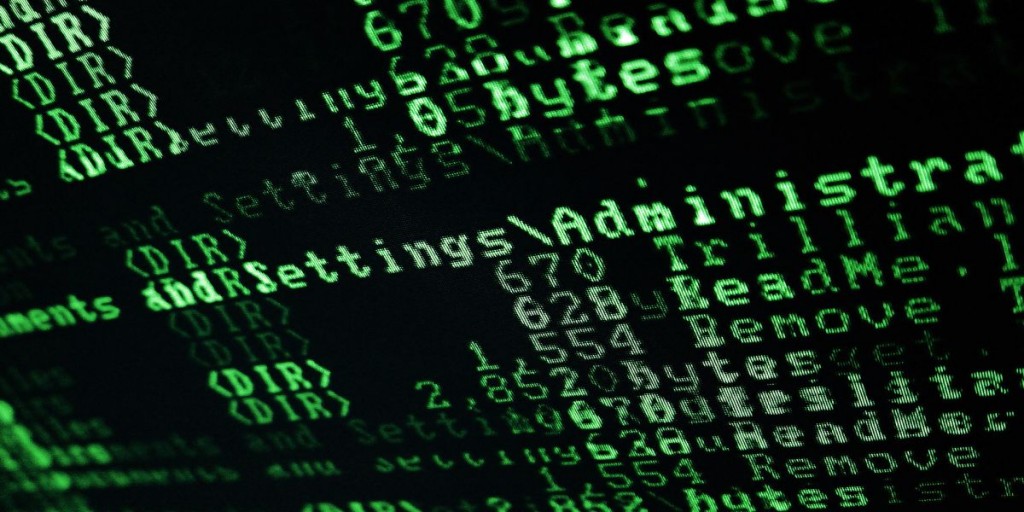When mounting a partition you receive “mount: unknown filesystem type ‘linux_raid_member'” like so:
[root ~] #>mount /dev/sde3 /mnt/disk/ mount: /mnt/disk: unknown filesystem type 'linux_raid_member'.
This will happen when the hard drive (partition) was previously a member of a linux/mdadm based RAIDX array and you mounted the partition directly NOT using the RAID system. You also are supposed to start the RAID system, then mount the RAID system and not mount the underlying device (the partition) directly.
If for some reason the RAID can not be started:
- check /proc/mdstat for errors/hints
- might have to ‘mdadm –stop’ then ‘mdadm –start’
- try ‘mdadm –assemble –scan’
If all ways mounting the partition using the RAID system fail you can circumvent this by using a loop mount. You need to be aware if you do this on a partition still part of the RAID system and you want to use the partition again in that RAID system: DO NOT DO THIS.
If you just want to read, that’s fine!
You can mount the partition using the following steps:
You need to find out which partition you want to mount and what sector size each sector is (in this case 512). In the case below every partition of the hard drive used to be members of a RAID array.
[root ~] #>fdisk -l /dev/sde Disk /dev/sde: 931.51 GiB, 1000204886016 bytes, 1953525168 sectors Disk model: 03FZEX-00MK2A0 Units: sectors of 1 * 512 = 512 bytes Sector size (logical/physical): 512 bytes / 4096 bytes I/O size (minimum/optimal): 4096 bytes / 4096 bytes Disklabel type: dos Disk identifier: 0x00000000 Device Boot Start End Sectors Size Id Type /dev/sde1 * 2048 9766911 9764864 4.7G fd Linux raid autodetect /dev/sde2 9766912 39063551 29296640 14G 82 Linux swap / Solaris /dev/sde3 39063552 1953525167 1914461616 912.9G fd Linux raid autodetect
So assume you want to mount the 3rd partition, you need to find the parameters of the partition like so:
[root ~] #>mdadm --examine /dev/sde3
/dev/sde3:
Magic : a92b4efc
Version : 1.2
Feature Map : 0x1
Array UUID : 3e0873a9:eb7ba770:0862420f:851469a2
Name : webber.barrett.com.au:125
Creation Time : Thu Mar 14 23:17:24 2019
Raid Level : raid1
Raid Devices : 2
Avail Dev Size : 1914197424 (912.76 GiB 980.07 GB)
Array Size : 957098688 (912.76 GiB 980.07 GB)
Used Dev Size : 1914197376 (912.76 GiB 980.07 GB)
Data Offset : 264192 sectors
Super Offset : 8 sectors
Unused Space : before=264112 sectors, after=48 sectors
State : clean
Device UUID : 86919d8d:113986e8:f52638e4:1e3a3f68
Internal Bitmap : 8 sectors from superblock
Update Time : Wed Nov 25 15:19:20 2020
Bad Block Log : 512 entries available at offset 16 sectors
Checksum : f8aee8f8 - correct
Events : 735064
Device Role : Active device 1
Array State : AA ('A' == active, '.' == missing, 'R' == replacing)
In the output above you can see the partition starts at data offset “264192 sectors”, we know now each sector is 512bytes and the partition starts at 264192 sectors.
We are going to use a loop device to do the mount. A loop device is a pseudo (“fake”) device that acts as a block-based device. A loop device actually is just a file. Also we are not going to mount the partition directly, we are going to use the offset TO the partition to mount it circumventing all the RAID stuff.
So we will use the following mount command (using a loop device)
mount -o ro,loop,offset=$((264192*512)) /dev/sde3 /mnt/disk/
Then you can simply type:
[root ~] #>ls -la /mnt/disk/ total 620 drwxr-xr-x. 26 root root 4096 Nov 24 22:14 . drwxr-xr-x 4 root root 4096 May 14 17:52 .. lrwxrwxrwx 1 root root 7 Feb 13 2019 bin -> usr/bin drwxr-xr-x 2 root root 4096 Mar 14 2019 boot drwxr-xr-x. 2 root root 4096 Mar 15 2019 dev drwxr-xr-x 133 root root 12288 Nov 25 13:42 etc drwxr-xr-x 2 root root 4096 Nov 24 21:53 home lrwxrwxrwx 1 root root 7 Feb 13 2019 lib -> usr/lib lrwxrwxrwx 1 root root 9 Feb 13 2019 lib64 -> usr/lib64 drwx------. 2 root root 16384 Mar 14 2019 lost+found drwxr-xr-x. 2 root root 4096 Apr 26 2017 proc drwx------ 22 root root 4096 Nov 25 10:53 root drwxr-xr-x. 2 root root 4096 Mar 15 2019 run lrwxrwxrwx 1 root root 8 Feb 13 2019 sbin -> usr/sbin drwxrwxr-x. 56 root root 4096 Nov 3 2020 src drwxr-xr-x. 2 root root 4096 Apr 26 2017 sys drwxrwxrwt. 11 root root 20480 Nov 25 15:19 tmp drwxr-xr-x 15 root root 4096 Nov 24 16:59 usr drwxr-xr-x 2 root root 4096 Nov 24 22:14 var


Thanks for the solution This is really helpful for resolving the ‘unknown filesystem type’ error when mounting a partition
Thank you very much. It has worked for a RAID1 disk from a Zyxel NAS 540. I only had to use ‘mdadm –examine …..’ to find out the Data Offset and mount the partition with this offset value. That’s all. No other operation, like e.g. ‘mdadm –assemble –scan’. I hope this information help others.